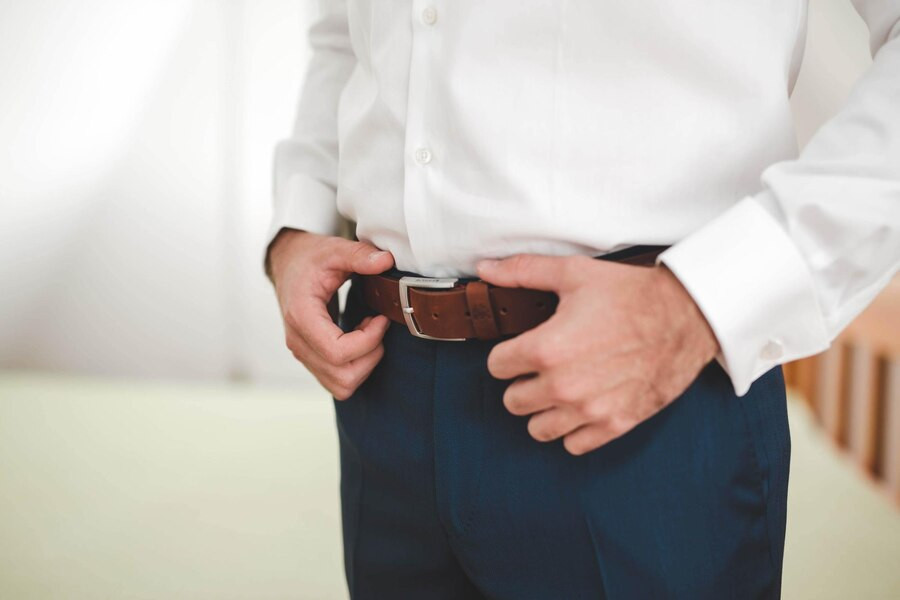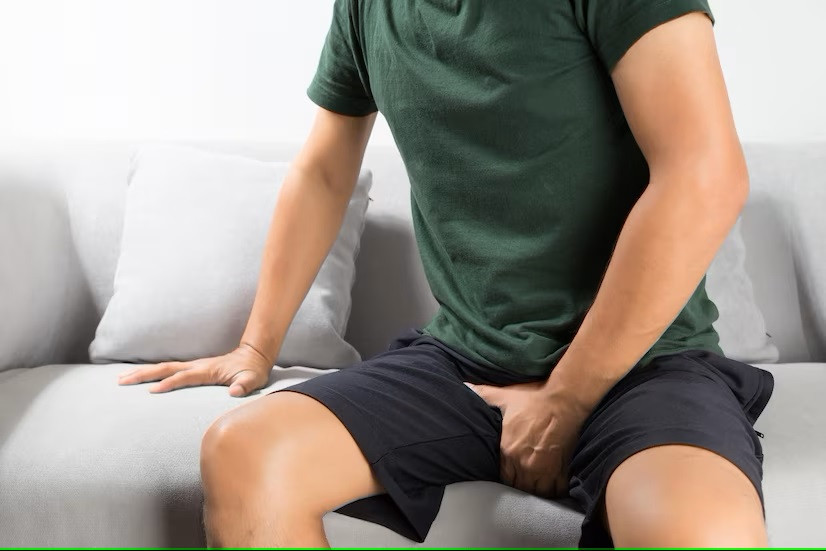The organs known as testicles are oval in shape and are housed in a sac that extends behind the penis. The main job of the testicles is to produce sperm and the hormone testosterone.
Testicles typically begin to grow between the ages of 10 and 13 during the early phases of puberty. The skin surrounding the testicles changes and darkens as they start to develop.
Characteristics of normal testicles
The typical testicles measure roughly 4-5 cm in length and 2-3 cm in width. Testicles that are normal typically feel rubbery and smooth, without any lumps, bulges, or strange changes.
Testicles in good health do not hurt or feel uncomfortable for long. Additionally, they can function by consistently generating sperm and essential hormones like testosterone.
Is it normal to have one testicle?
It is actually normal to have one testicle, a condition known as monorchism. It was either removed for medical purposes or is a congenital condition. Testicles removed medically may be the result of an undescended testicle, prostate cancer, injury, infection, or other cause.
People who only have one testicle can frequently lead normal lives and engage in sexual activity. It is further asserted that the presence of one testicle has no significant impact on sexual arousal or reproductive function.
Read more: Know What Varicocele Is, When The Testis Is Enlarged To One Side
Can you have children with only one testicle?
Most people with one testicle, either due to birth or medical reasons, can still have children. As long as the remaining testicle is in normal functioning order, it can typically produce enough sperm to facilitate fertilization.
In most cases, you will be advised to think about storing sperm in order to ensure that you may one day become parents before having your testicles removed for medical reasons, such as testicular cancer. If you have concerns regarding fertility due to having only one testicle, it is advisable to consult a doctor or reproductive health professional.
Read more: How To Detect Testicular Cancer Early
When should I be concerned about my testicular health?
One testicle is not a cause for concern. You should be concerned about the condition of your testicle if you notice any of the following signs:
- Testicular or scrotal pain that suggests an issue like an infection, wound, or other medical condition
- A swelling or lump in the testicles that can be felt or seen, indicating the presence of a cyst, varicocele, or even testicular cancer
- Skin color changes around the scrotum suggest a problem that requires more examination
- Unusual warmth in the testicular or scrotal regions, suggesting an infection or inflammation
- Blood in the semen is a sign that something is wrong with the reproductive system
- groin or lower abdominal pain
Contact a doctor right away and get checked out more if you notice any of the symptoms listed above. A doctor can assist in determining the cause and suggest the best course of action.
If you need medical advice or consultation, you can either visit a doctor or make use of the consultation features that are available in the Ai Care application by downloading the Ai Care application from the App Store or Play Store.
Looking for more information about other diseases? Click here!
- dr. Monica Salim
Kimberly Holland (2019). FAQs About Living With One Testicle. Available from: https://www.healthline.com/health/faqs-about-living-with-one-testicle
Hedy Marks (2024). Testicles FAQ. Available from: https://www.webmd.com/teens/testicles-faq
Better Health Channel. Testicular self-examination. Available from: https://www.betterhealth.vic.gov.au/health/conditionsandtreatments/testicular-self-examination
Mayo Clinic (2023). Undescended testicle. Available from: https://www.mayoclinic.org/diseases-conditions/undescended-testicle/symptoms-causes/syc-20351995
John Hopkins Medicine. Overview of the Male Anatomy. Available from: https://www.hopkinsmedicine.org/health/wellness-and-prevention/overview-of-the-male-anatomy
Cleveland Clinic (2022). Testicles. Available from: https://my.clevelandclinic.org/health/body/23964-testicles











